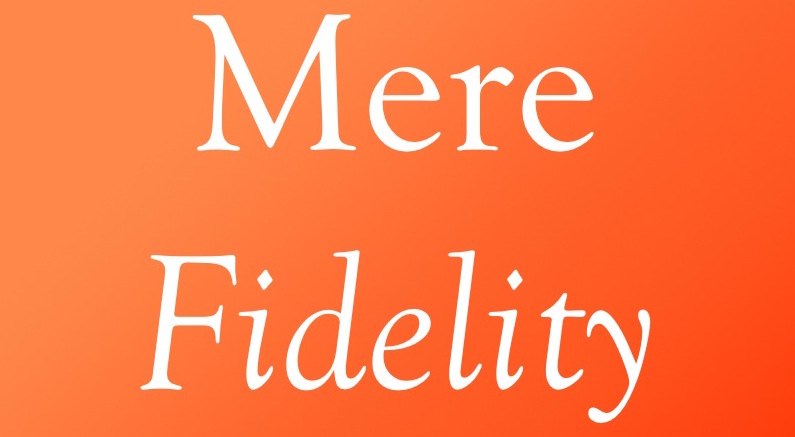I haven’t yet read McLaren’s latest, mostly because of financial restrictions. But I’ve been keeping one eye on the critiques, if only to see where the perceived weaknesses are if I ever make it around to it.
Login to read more
Sign in or create a free account to access Subscriber-only content.
Topics:
